Focus
Your Present Location: HOME> Focus-
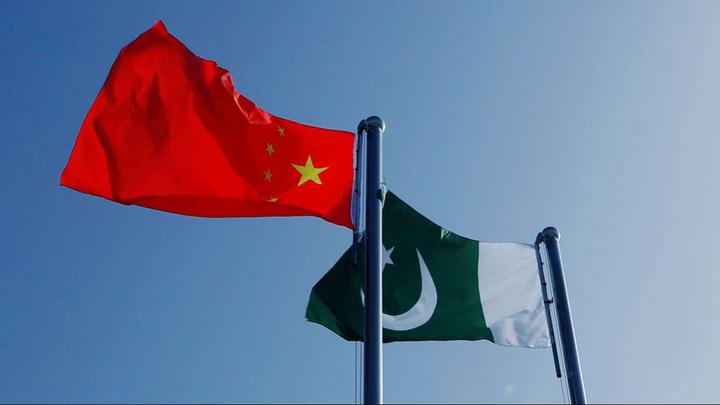
Zamir Ahmed Awan: President Xi is one of the most popular leaders among Pakistani youth
2022-06-27 -
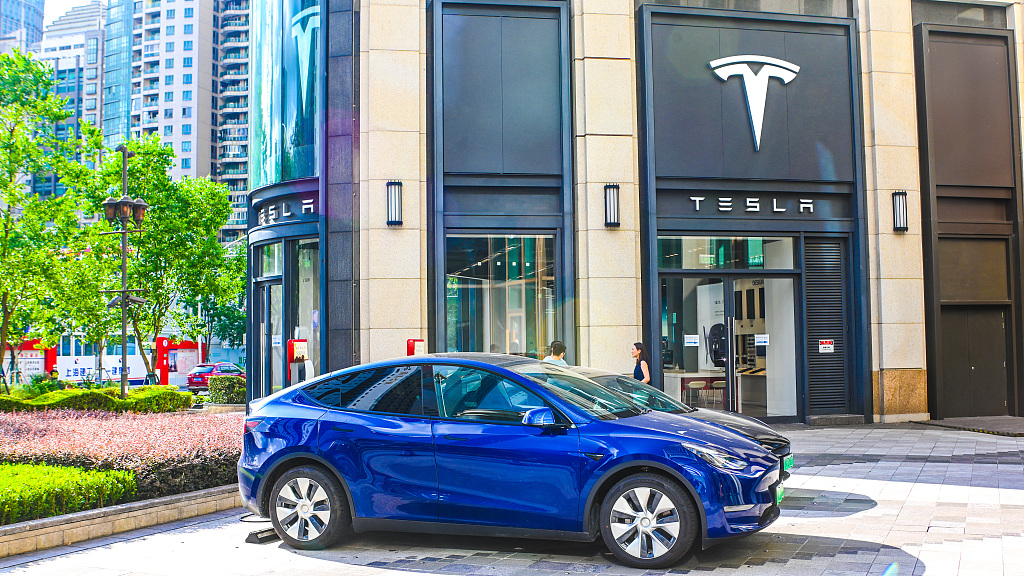
Liu Ying: U.S. attempt to isolate China goes against its companies' interests
2022-06-24 -
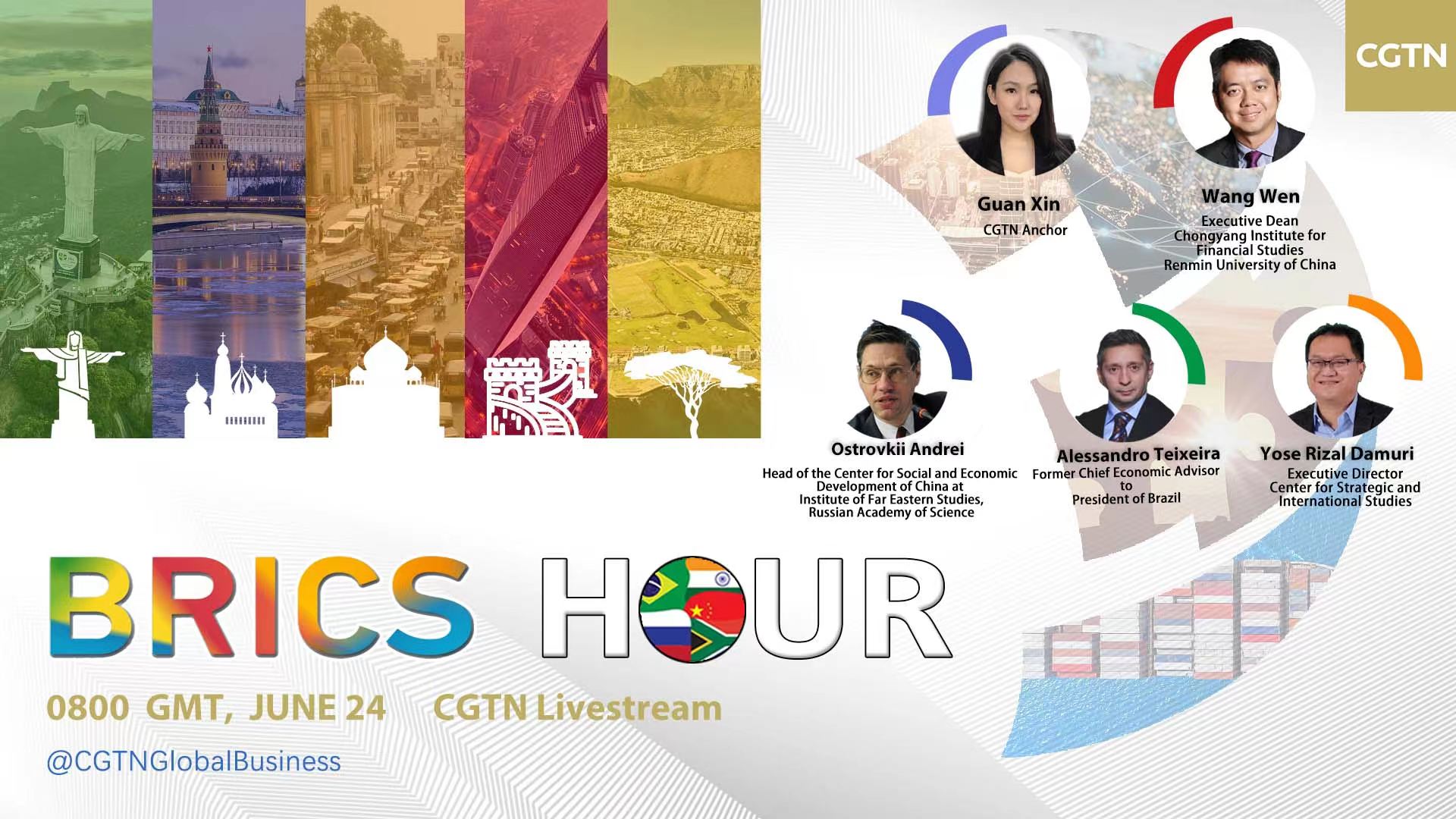
Wang Wen: BRICS Hour - Usher in a new era for global development
2022-06-24 -
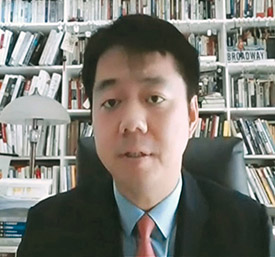
Wang Wen: Why China's Rise Is Beneficial to the World
2022-06-23 -
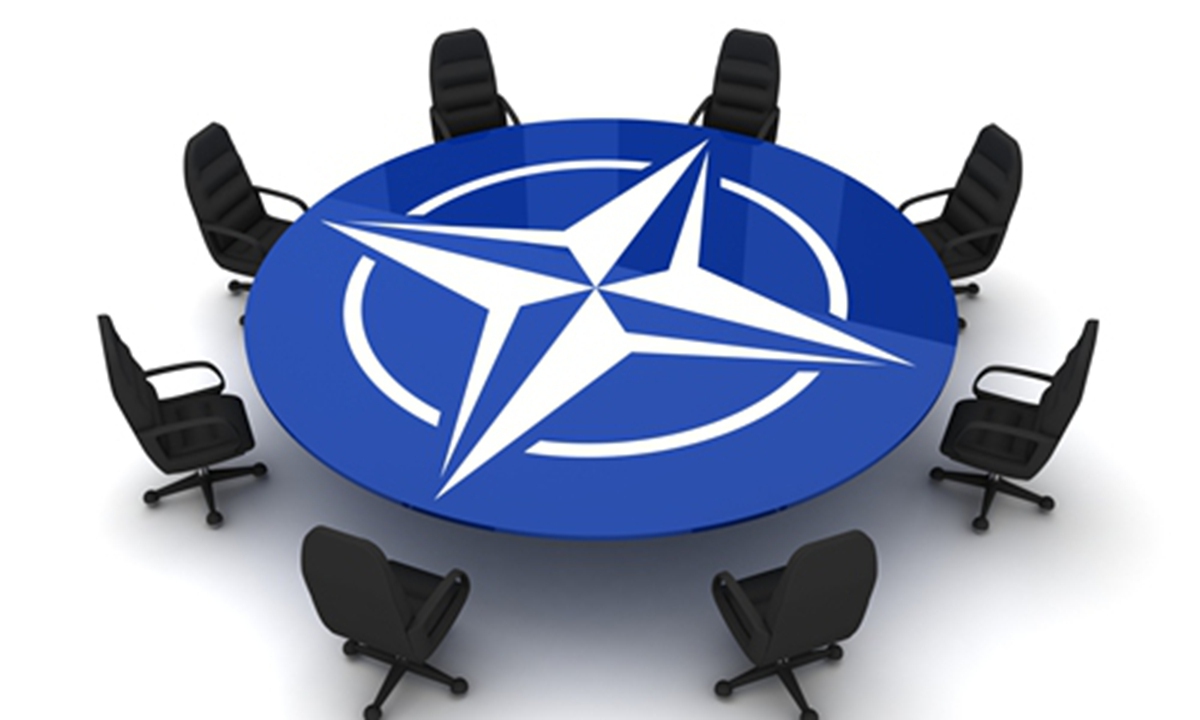
Ding Gang: ‘Economic Article V’ a blatant incitement to undermine security order of others
2022-06-23 -
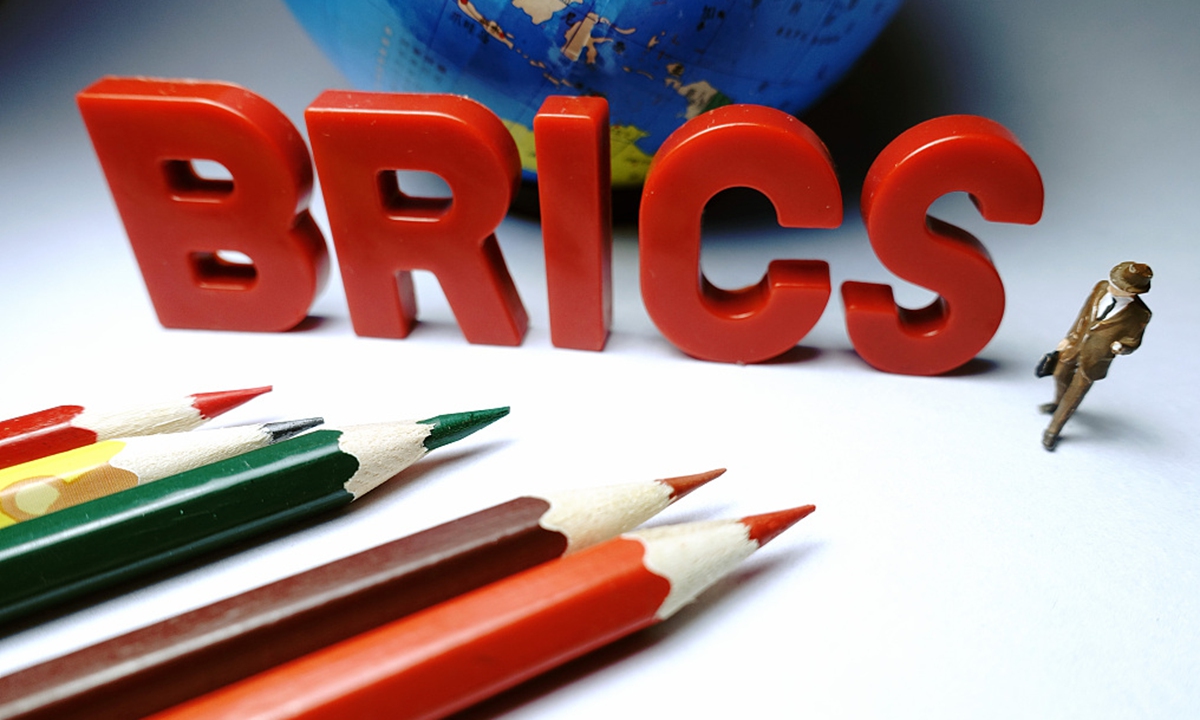
Chinese think tank report clarifies international misconceptions about the BRICS
2022-06-23 -
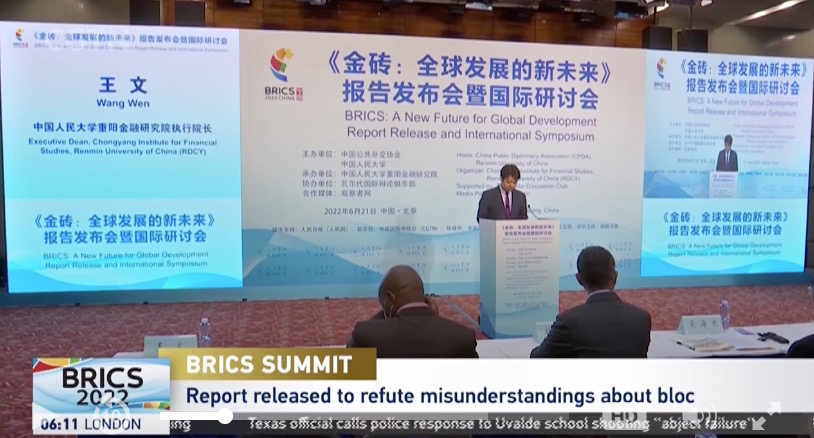
BRICS Summit: Report released to refute misunderstandings about bloc
2022-06-23 -
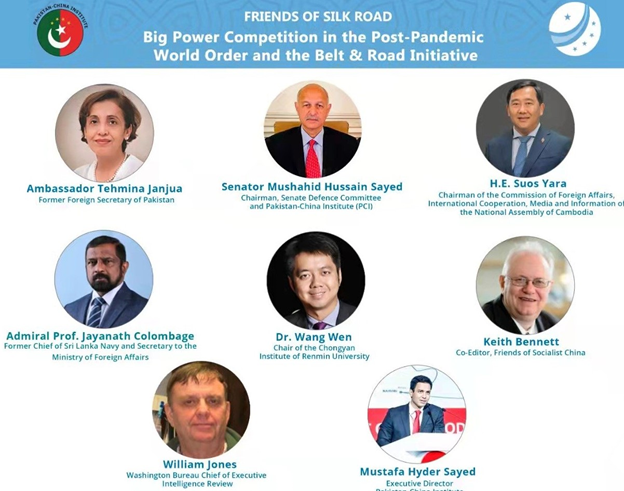
Wang Wen: CPEC itself is a success story: Senator Mushahid Hussain Sayed
2022-06-22 -
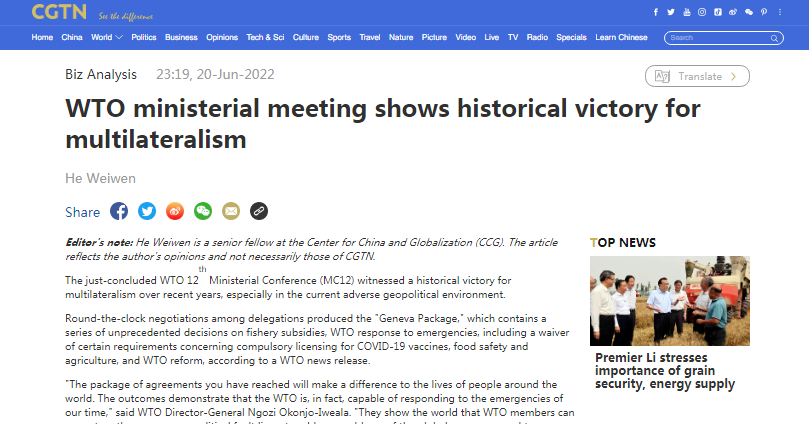
He Weiwen: WTO ministerial meeting shows historical victory for multilateralism
2022-06-22 -

【2022-06-22】BRICS: A New Future for Global Development Report Release and International Symposium
2022-06-22 -
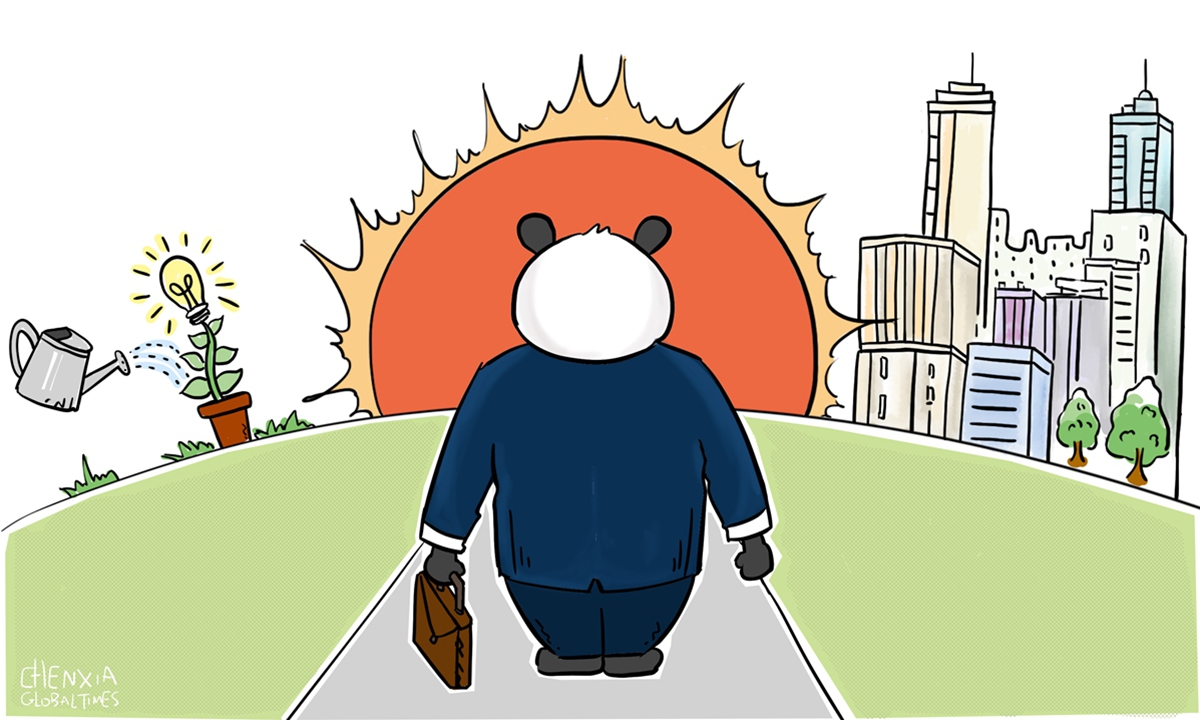
Wang Wen: Unlike US, China's rise is conducive to the world
2022-06-21 -

Wang Wen: Pakistan making transition from geopolitics to geoeconomics: Senator Mushahid Hussain
2022-06-21 -
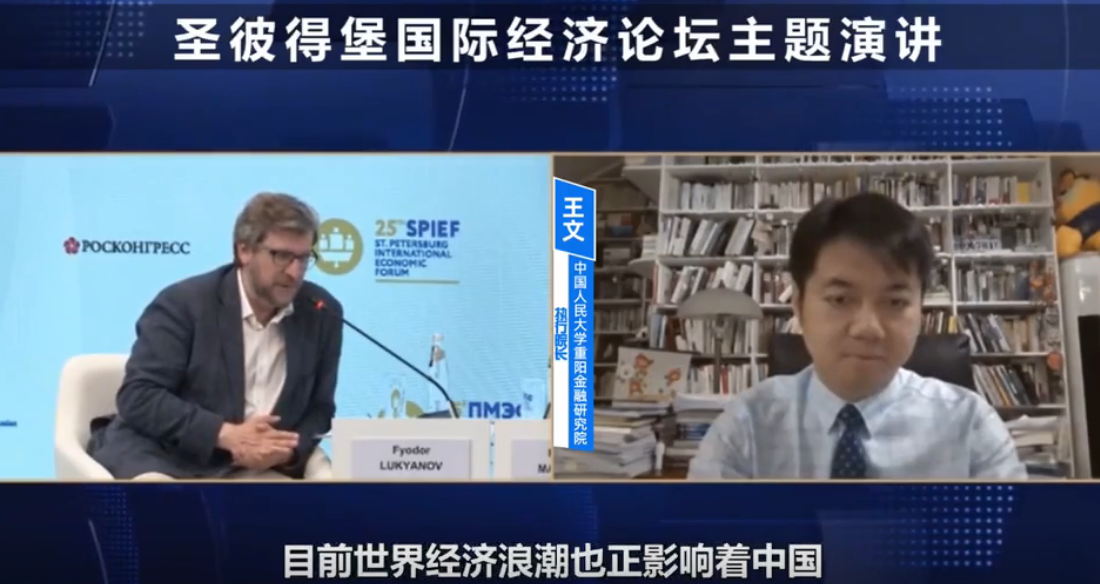
Wang Wen on SPIEF: New Issues in Political Economy
2022-06-21 -
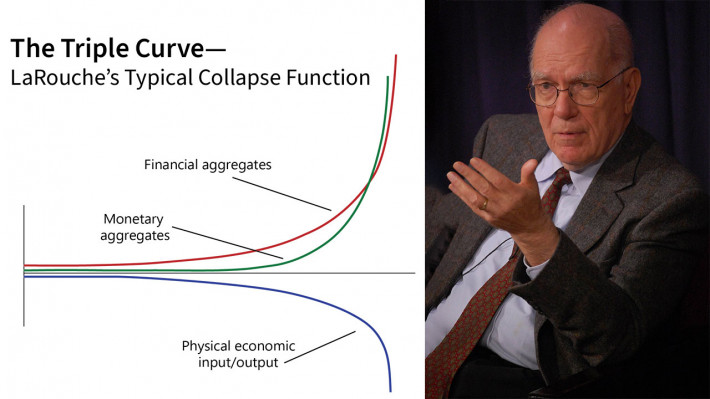
Wang Wen[Schiller Institute]‘A Decoupling of the Two Systems, or a New Paradigm for Humanity?’ Panel 1 of Schiller Conference
2022-06-20 -
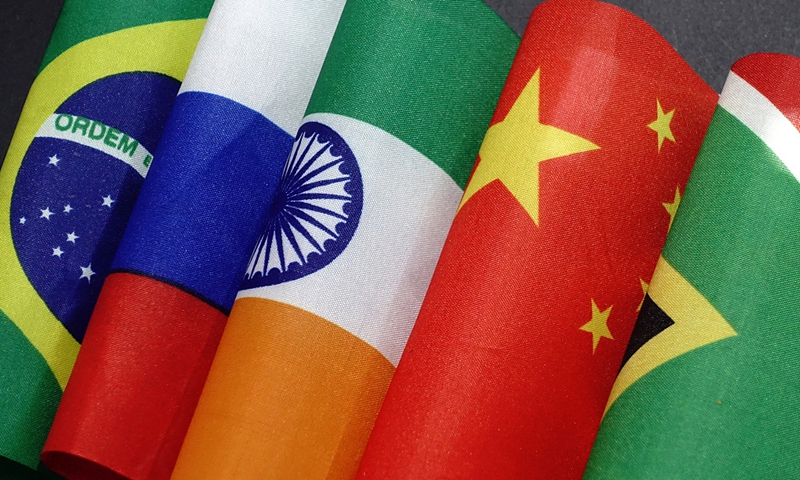
Wang Wen: Xi to host BRICS Summit; China devt approach anticipated
2022-06-20 -
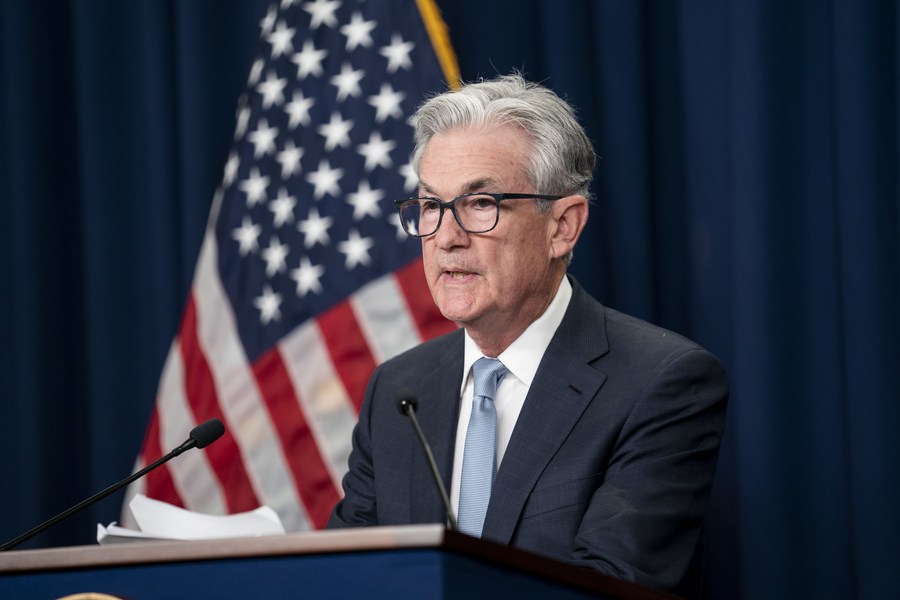
He Weiwen: The desperate Fed and a turbulent world
2022-06-20 -
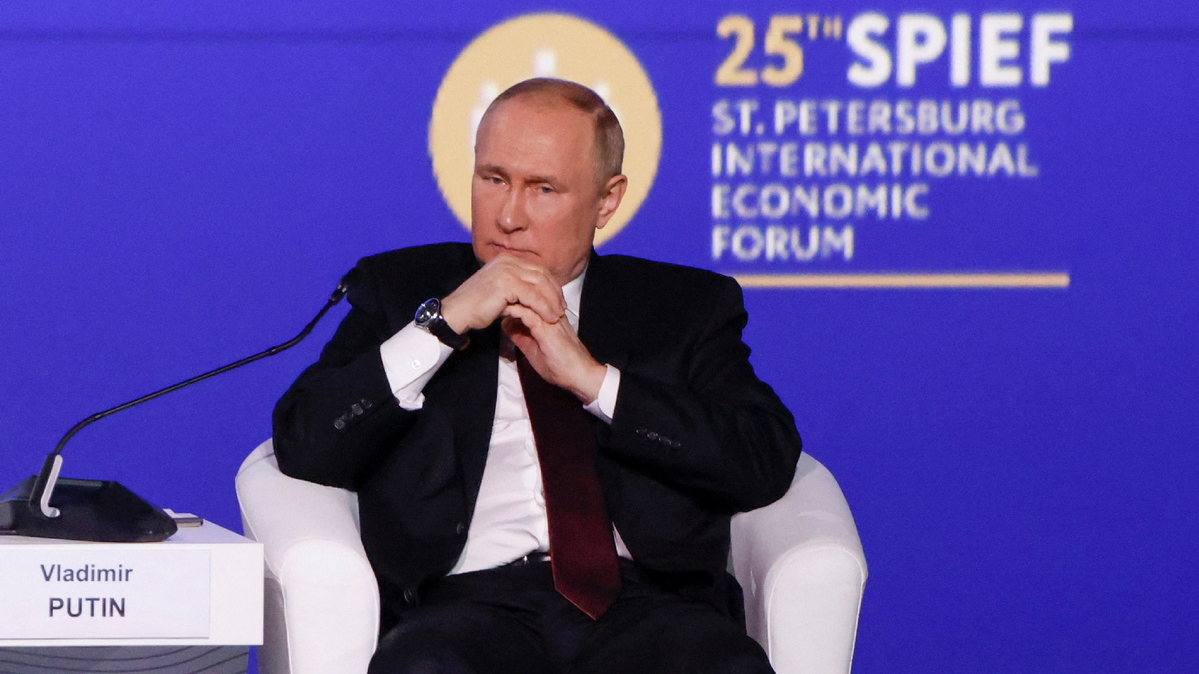
William Jones: The old system cannot be revived, Putin says
2022-06-20 -
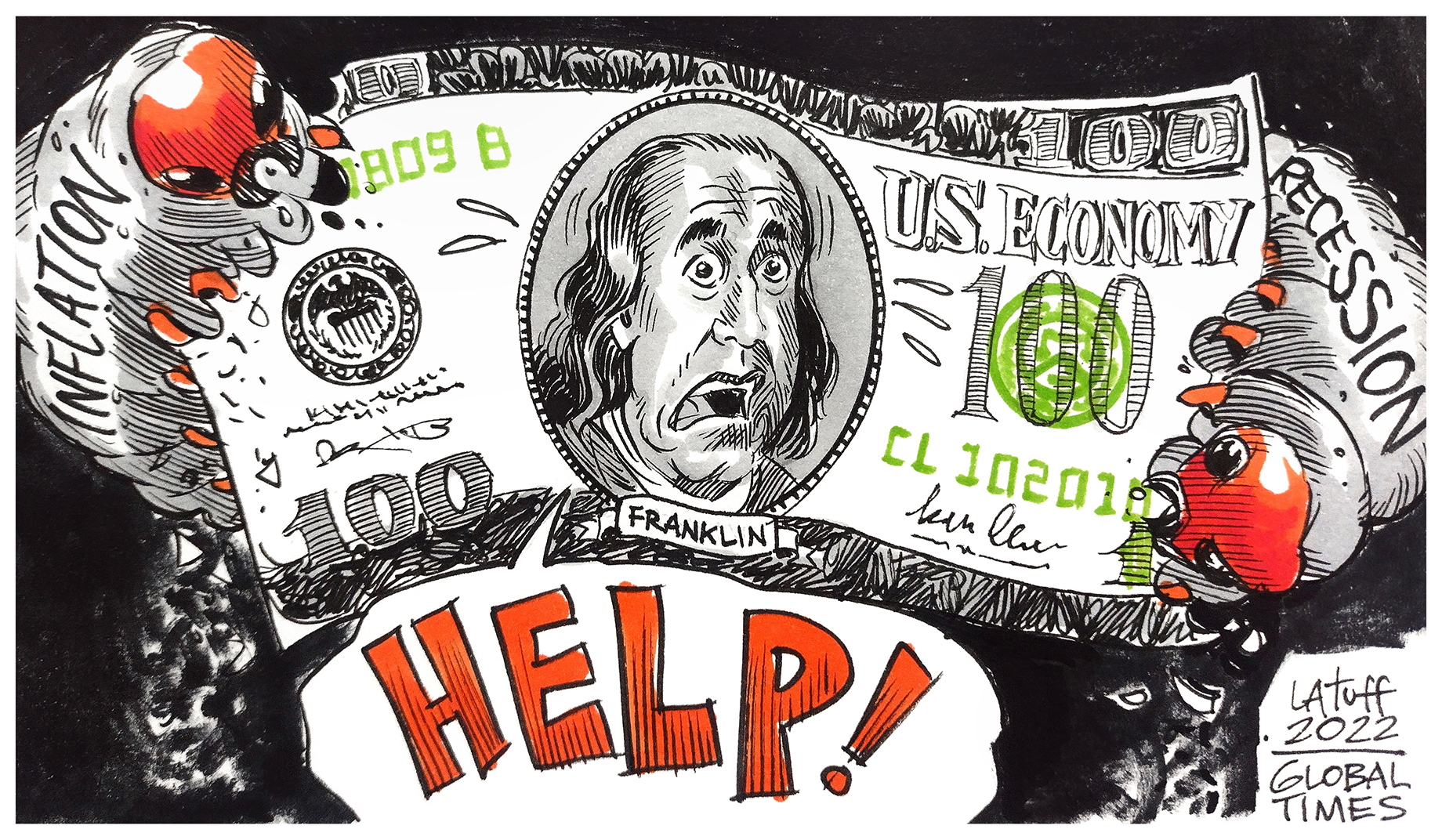
Dong Shaopeng: US protectionism dulls global interest in dollar assets after steep rate hike
2022-06-17 -
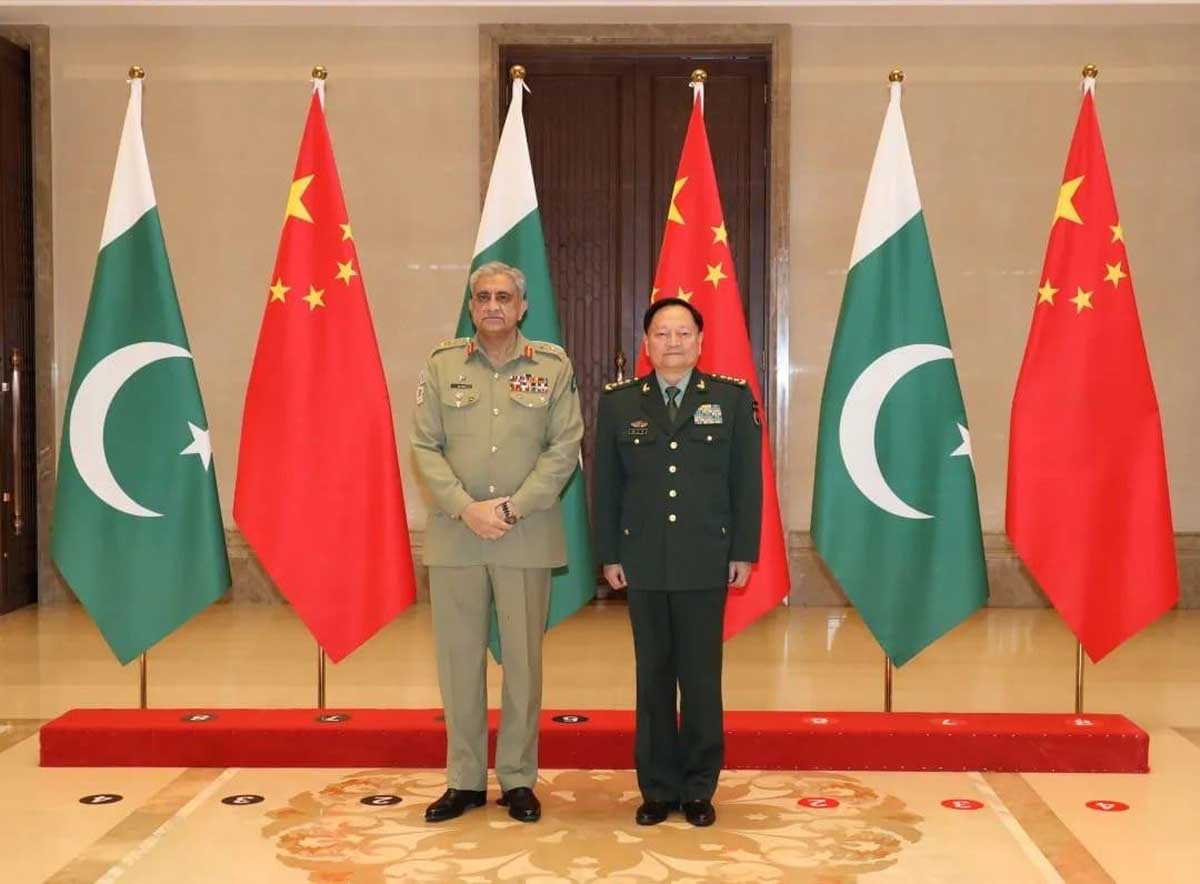
Zamir Ahmed Awan: China-Pakistan defense partnership strengthened further
2022-06-16 -
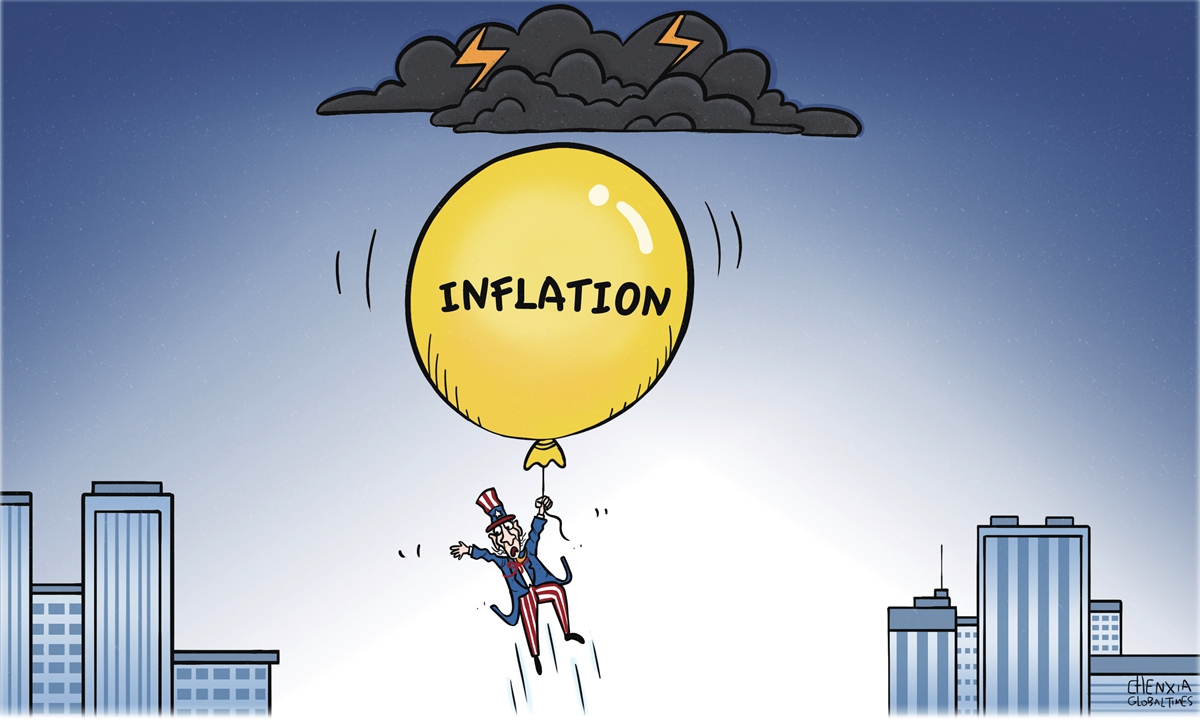
Ding Gang: Manufacturing retreat makes US economy more vulnerable to inflation
2022-06-16
(共3588条)
























































































 京公网安备 11010802037854号
京公网安备 11010802037854号





